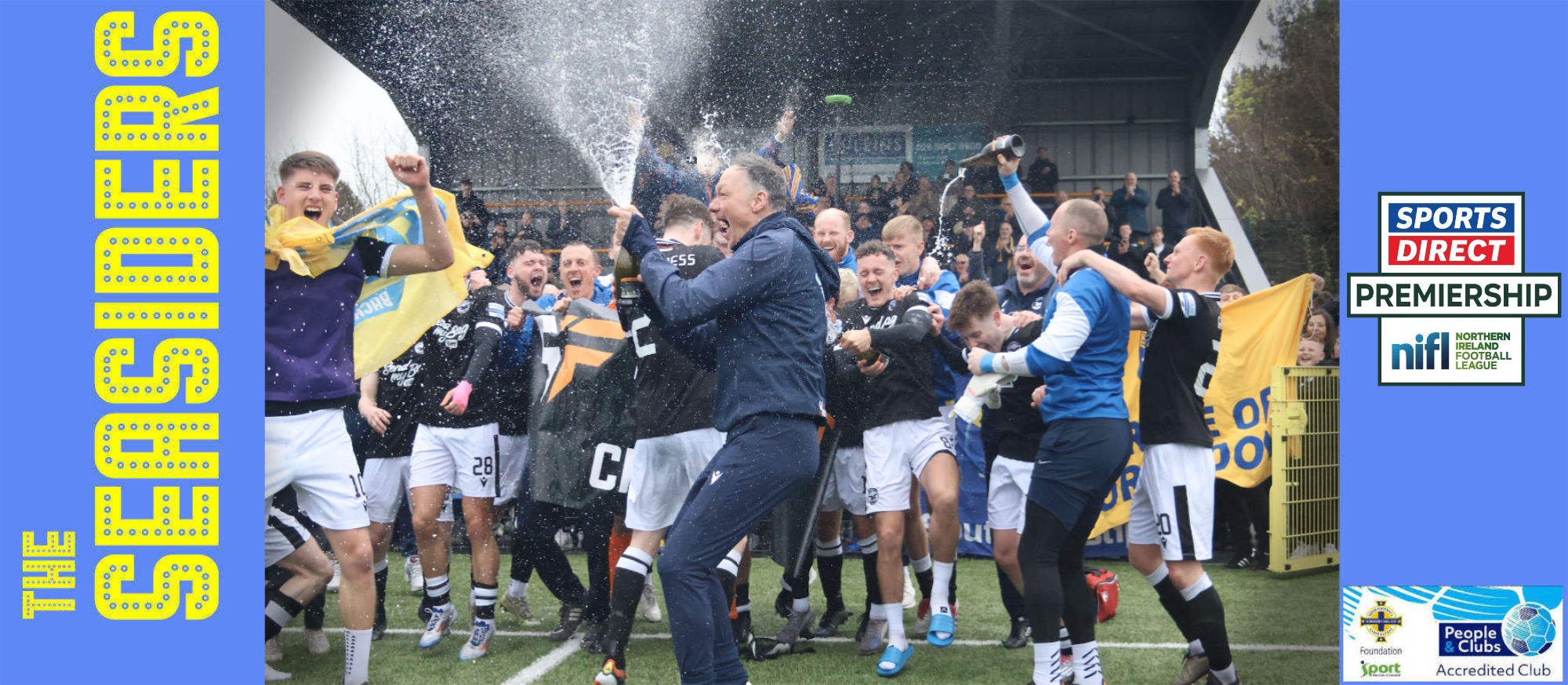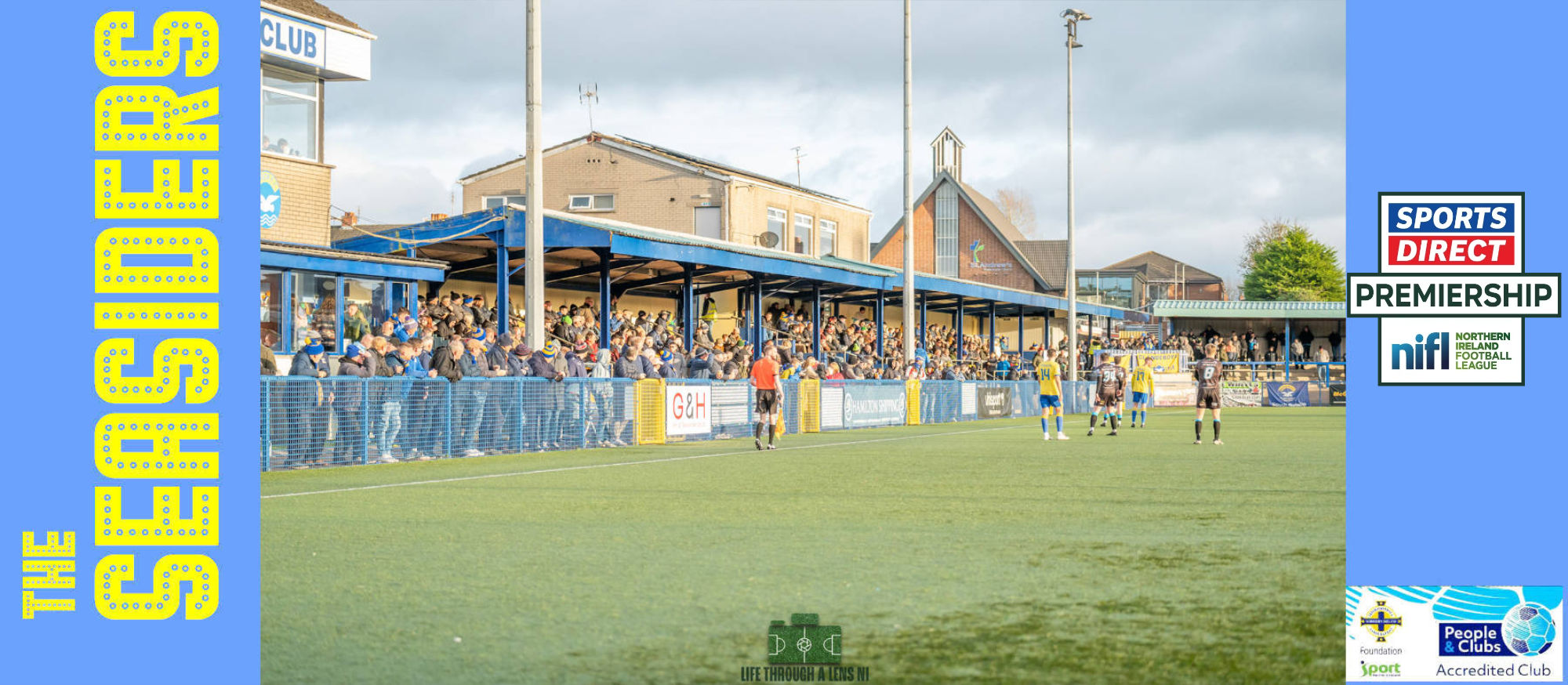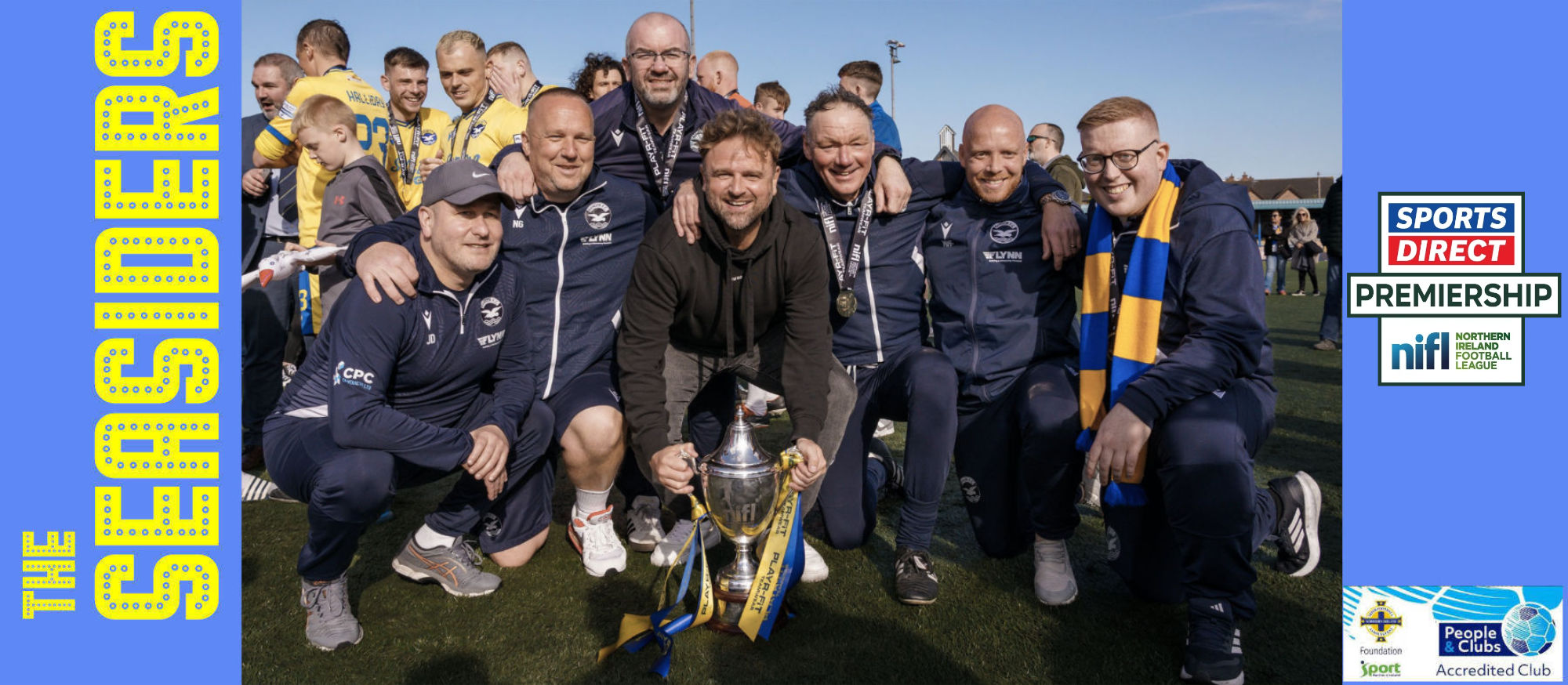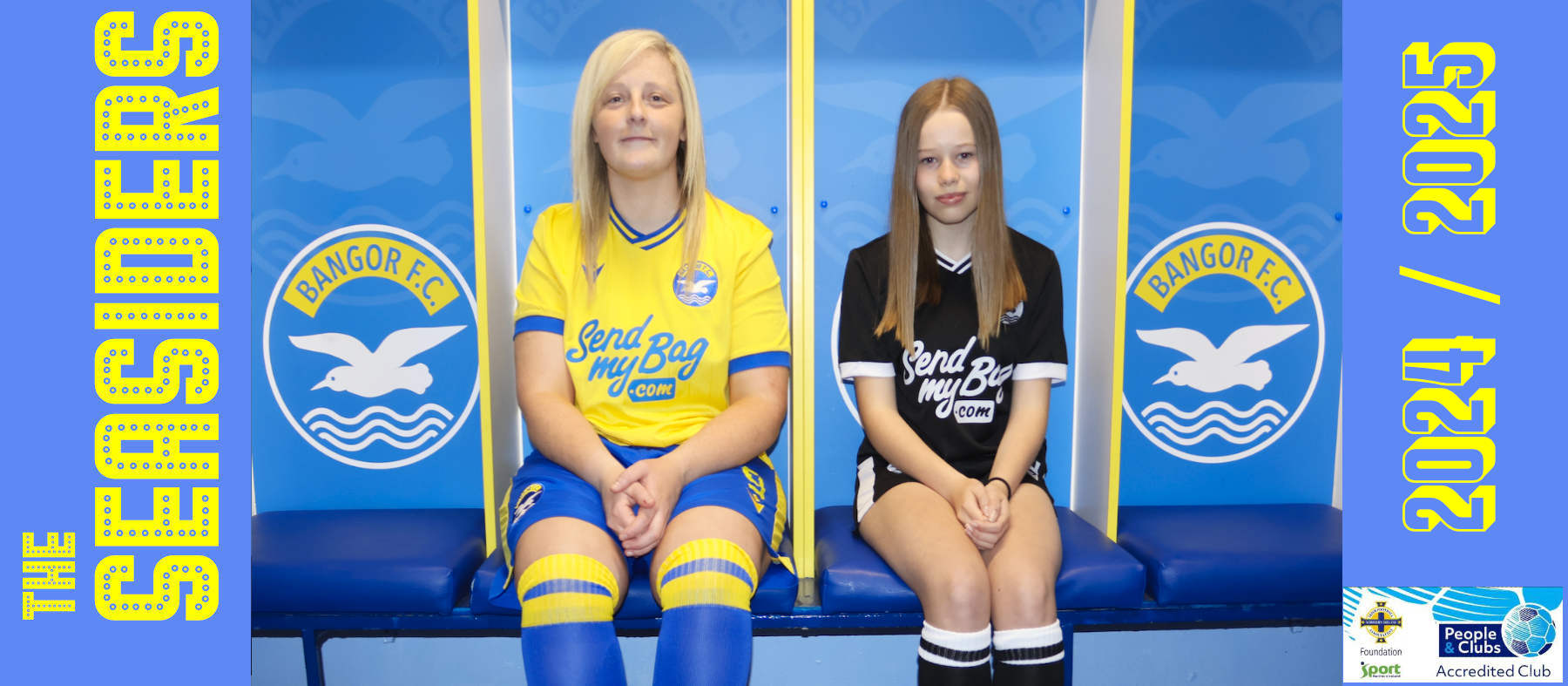




1. INTRODUCTION
This policy sets out Bangor FC’s, approach to Equal Opportunities and Diversity and its application in practice.
2. POLICY RATIONALE
The policy applies equally to all employees of Bangor FC
The aim of this policy is to ensure the promotion of equality of opportunity and recognition of diversity throughout Bangor FC.
We recognise that the provision of equal opportunities in the workplace is not only good management practice; it also makes good community sense. Bangor FC is an Equal Opportunities Employer, committed to ensuring that the talents and resources of all our employees are utilised to the full. By using fair and objective employment practices our aim is to ensure that all employees and potential employees are treated fairly and with respect at all stages of their employment.
3. POLICY STATEMENT
Our objective is to promote equality of opportunity and fair participation and ensure that Bangor FC will not discriminate against any individual in matters of recruitment and selection, irrespective of religious belief or political opinion, sexual orientation, gender, gender reassignment, because someone is married or in a civil partnership, age, disability, race (which includes colour, nationality and ethnic or national origins), nationality or ethnic origin
We are committed to:
4. PRINCIPLES
To achieve our objective, the following principles will be applied by Bangor FC
5. DEFINITIONS
6. RACIAL HARASSMENT OR HARASSMENT ON GROUNDS OF RELIGIOUS BELIEF AND POLITICAL OPINION
7. RESPONSIBILITIES UNDER THE POLICY
The Chairman has overall responsibility for the implementation of the Equal Opportunity & Diversity Policy. However, all colleagues have a responsibility to comply with this policy, and to promote equality of opportunity for all.
Specific responsibilities fall upon management, supervisors and others in the areas of recruitment, selection and staff engagement for ensuring that this policy is implemented. Senior managers are responsible for the provision of advice, training, and guidance for policy implementation and operation, and for any review of this policy.
Breaches of our Equal Opportunities & Diversity Policy may result in disciplinary action. Proven malicious complaints may also be treated as a serious disciplinary matter which, again, may result in dismissal.
8. WORKING ENVIRONMENT
Bangor FC has established policies and procedures designed to promote equality of opportunity within a diverse and harmonious working environment, in which no employee feels under threat or intimidation. We are committed to the creation of a harmonious workplace and will undertake all reasonable practicable steps to ensure that employees are not subjected to discrimination.
All forms of discrimination, victimisation, harassment, bullying and intimidation are unacceptable in any working environment as they have an adverse effect on working relations and on an individual’s well being.
In relation to disabled workers, Bangor FC will consider the nature of the disability and will give consideration to reasonable adjustments, where practicable to the physical environment.
9. MANAGING DIVERSITY
Bangor FC will promote an organisational culture in which all employees are welcomed and regarded as equal. Valuing the full range of talents and perspectives of our people will ensure that we have a breadth of viewpoints, experiences and intellectual skills needed to succeed within an evolving working environment and marketplace. This in turn will lead to increased innovation and engagement.
Bangor FC will endeavour to consider the work-life balance needs of colleagues, making people decisions based on objective information rather than ‘intuition’ or ‘favouritism’.
Bangor FC will promote a culture of dignity and respect by challenging inappropriate behaviour in line with agreed policies and will deal swiftly with any incidents of harassment, bullying or discrimination.
10. FORMAL COMPLAINTS PROCEDURE
Any employee who believes that they have been unfairly treated, directly or indirectly in any aspect of their employment on the grounds of their religious belief or political opinion, sexual orientation, gender, gender reassignment, because someone is married or in a civil partnership, age, disability, race (which includes colour, nationality and ethnic or national origins), nationality or ethnic origin, is entitled to raise the matter through the complaints procedure set out below. The objective of the procedure is to promptly deal with breaches of the Equal Opportunities & Diversity Policy in order to maintain a harmonious working environment
i. Procedure
Employees can seek to resolve matters informally by either providing details of the alleged unfair treatment to their Manager. The allegation will then be investigated, where appropriate by management and supported by the Board and the employee advised of the outcome.
There may be situations where the seriousness or nature of the complaint warrants the formal procedure to be undertaken by management and where this arises the complainant will be suitably advised by the Board
The formal complaints procedure is appropriate if:
- the person making the complaint prefers this; or
- if the outcome of the informal process is unsatisfactory to the employee;
- or if the complaint is deemed to be of a serious nature by the Board.
A formal investigation may also be initiated in the event of any patterns emerging.
ii. Investigation under the Formal Procedure
Bangor FC will endeavour, taking into consideration the circumstances of the case and officers available, to have the procedure completed within 20 working days of the complaint being received. Where this is not possible the procedure will be completed as soon as is practicable.
If it is not possible to meet with the time limits both parties will be advised of the revised timescale.
iii. Making a Formal Complaint
Any formal complaints made should be in writing to the Board either through the complainant’s line manager (or any other manager as appropriate) or directly to the Board, however this will not preclude the investigation of a complaint made verbally if it is deemed by the Board to be of a serious nature.
An Investigating Officer will be appointed by the Board who will acknowledge receipt of the complaint and arrange to meet with the complainant, where possible, within 3 working days of receiving the complaint.
iv. Investigating the Complaint
An Investigating Officer will be assisted in carrying out their investigation into the complaint by a member of the Board. They will attend all meetings and maintain an agreed written record of all proceedings including the investigation and any outcome.
Investigating Officers and members of the Board involved in carrying out investigations should be in no way connected with the allegations that have been made.
v. Investigatory Meetings
The Investigating Officer and a member of the Board will meet with the complainant and anyone else who may be able to assist with the investigation.
The purpose of these meetings is to establish the facts. All those giving information do so confidentially and will be given the opportunity to be accompanied by a trade union representative or work colleague.
An agreed record of all meetings will be kept. All evidence provided (including the notes from meetings) will be treated confidentially, as far as is possible.
Individuals who attend the meetings will also be expected to maintain confidentiality.
vi. Concluding the Investigation
The Investigating Officer undertaking the investigation should prepare a written report outlining the facts, indicating the findings and also whether or not there is a recommendation for further action to be taken (which may include a recommendation for Disciplinary action).
vii. Decision on Required Action
The Bangor FC Board will then decide whether or not to accept the recommendations of the report, which could lead to the following action:
viii. Communicating the Decision
Any decision will be communicated to the complainant via a board representative.
This will involve giving an overview of the report provided and informing the complainant of any action to be taken against the accused.
(Page last updated: 26/01/2021)